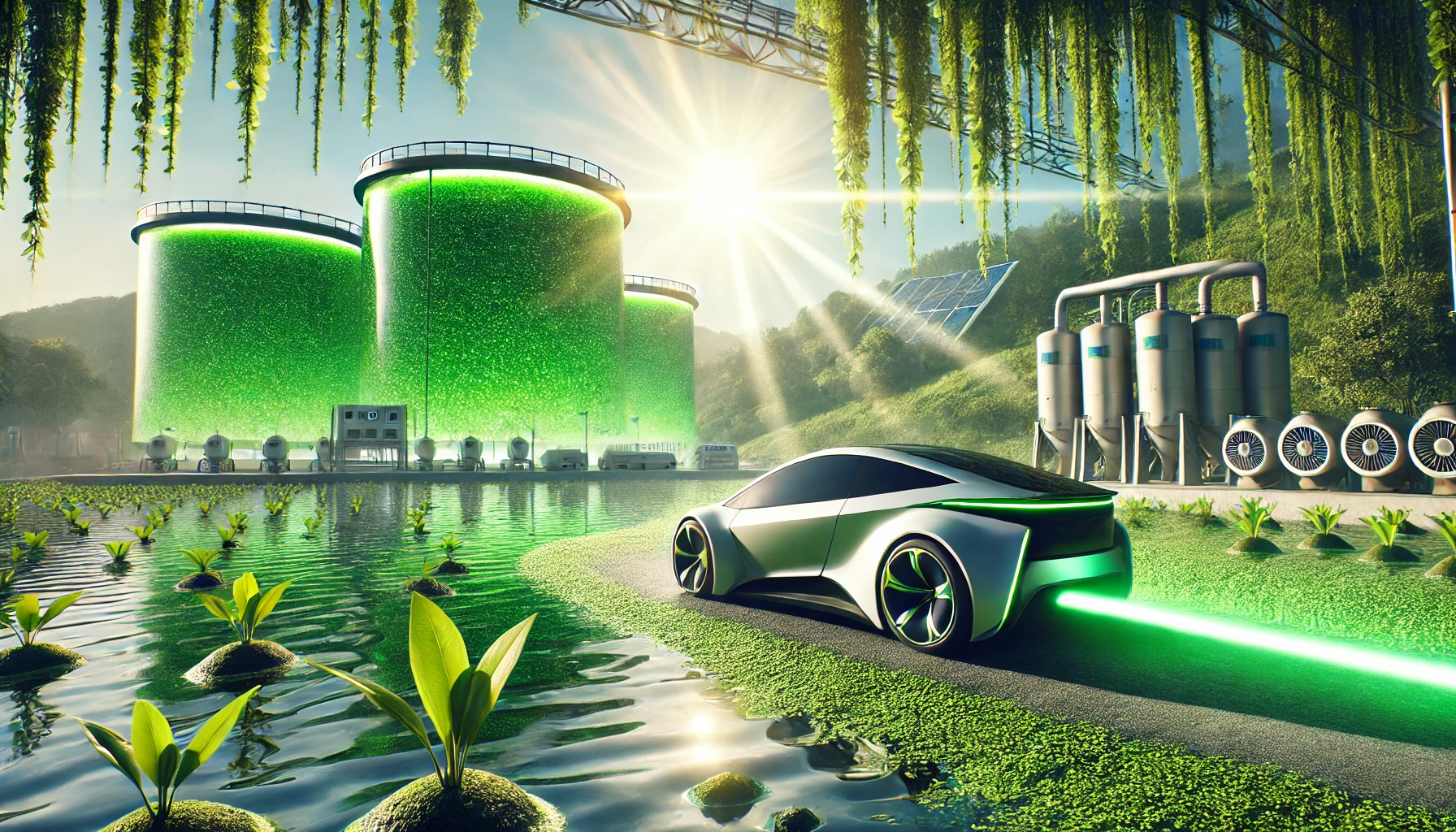Harnessing the Power of Algae: Could This Slimy Green Stuff Be the Key to the Next Big Renewable Energy Revolution?

Introduction: Algae – The Unsung Hero of Renewable Energy
Picture this: you're standing by a lake, staring at that green, slimy stuff floating on the surface. Gross, right? Well, what if I told you that same green goop could be powering your car one day? That's right, algae is stepping into the spotlight as the next big thing in renewable energy, and it's ready to make waves in the biofuel industry. In a world desperate for sustainable solutions, algae is proving that it’s more than just pond scum – it's the fuel of the future.
Why Algae? The Science Behind the Slime
Algae might not have the star power of solar panels or wind turbines, but it packs a punch when it comes to biofuel production. Unlike traditional biofuels that rely on food crops like corn or soybeans, algae can grow just about anywhere – from freshwater ponds to saltwater oceans. It’s a carbon-hungry, photosynthesizing machine that doesn’t require arable land. In fact, it’s so efficient at converting sunlight into energy that it can produce up to 10 times more fuel per acre than other biofuel sources. And don’t even get us started on its CO2 absorption skills – algae is a climate warrior, sucking up carbon dioxide faster than a social media post goes viral!
From Petri Dish to Gas Pump: How Algae Biofuel Works
So, how exactly does algae turn into the fuel that could one day power your car? It’s not magic – it’s science! The process starts by growing algae in large tanks or ponds, where it happily munches away on sunlight and carbon dioxide. As the algae grows, it produces oils that can be extracted and converted into biodiesel or jet fuel. Researchers have been refining this process for years, and recent breakthroughs have made it more efficient and cost-effective than ever. It’s like the ultimate farm-to-tank story, minus the need for a tractor.
The Green Gold Rush: Startups and Big Players Betting on Algae
In the race to develop alternative energy sources, algae is attracting serious attention from startups and energy giants alike. Companies like ExxonMobil, Algenol, and Solazyme are pouring millions into research and development, hoping to scale up algae biofuel production. And they’re not alone – governments and private investors are jumping on the algae bandwagon, too. It’s like the California Gold Rush, but instead of sifting for nuggets in a river, scientists are refining algae into liquid gold.
Challenges Ahead: Not All Smooth Sailing for the Algae Dream
Of course, like any great innovation, algae biofuel isn’t without its challenges. One of the biggest hurdles is cost – while the technology has come a long way, it’s still not as cheap as fossil fuels. There’s also the issue of scalability – growing enough algae to meet global energy demands is a massive undertaking. But don’t worry, scientists are optimistic. Advances in genetic engineering, farming techniques, and extraction processes are helping bring down costs and boost production. In other words, algae isn’t sinking anytime soon.
The Future of Algae Biofuel: Could It Really Save the Planet?
So, is algae really the key to solving the world’s energy crisis? It’s certainly a contender. With its ability to grow rapidly, absorb CO2, and produce high yields of fuel, algae offers a sustainable, eco-friendly alternative to fossil fuels. While it’s still in the early stages of commercialization, the potential is undeniable. Imagine a world where your car runs on biofuel made from algae – you’d be helping the environment with every trip to the grocery store. It’s green, clean, and the future is looking bright for this aquatic superhero.
Conclusion: Are You Ready to Embrace Algae Power?
Algae might not be as glamorous as solar or wind energy, but it’s got the potential to revolutionize the renewable energy landscape. As technology continues to advance, we could soon see algae biofuel becoming a mainstream energy source. So, the next time you see a patch of algae floating in a pond, don’t scoff – it could be the key to a greener, cleaner future. Would you fill up your car with algae-based fuel? Let us know in the comments on Reddit or share your thoughts!



